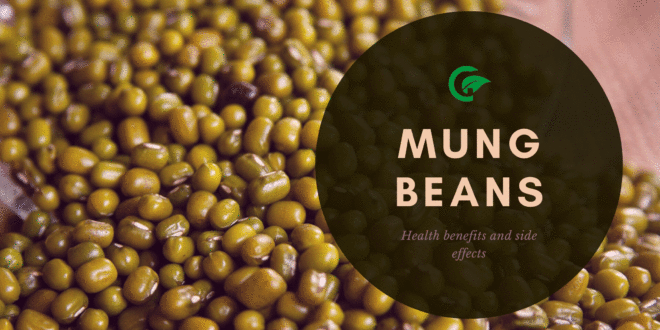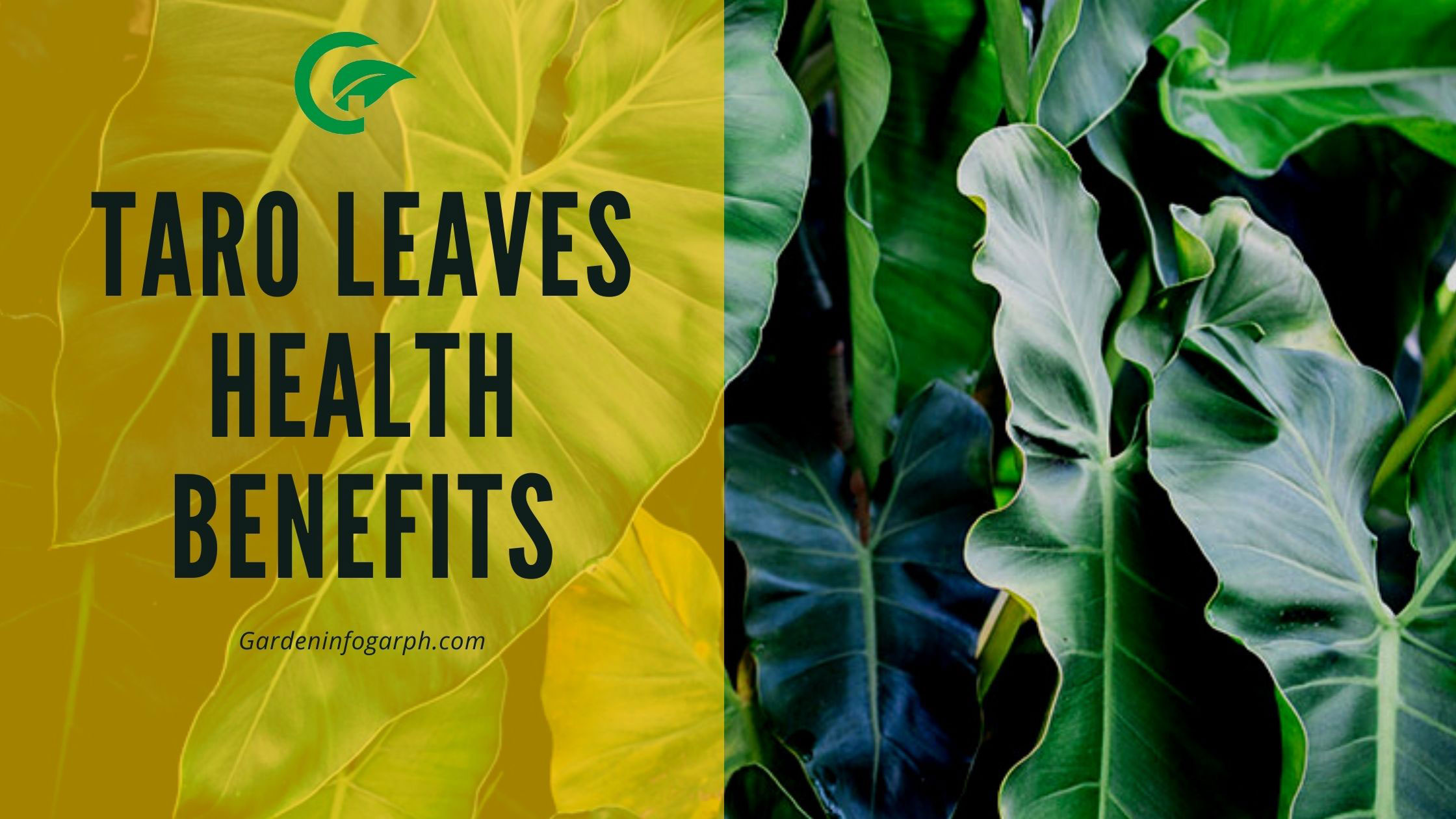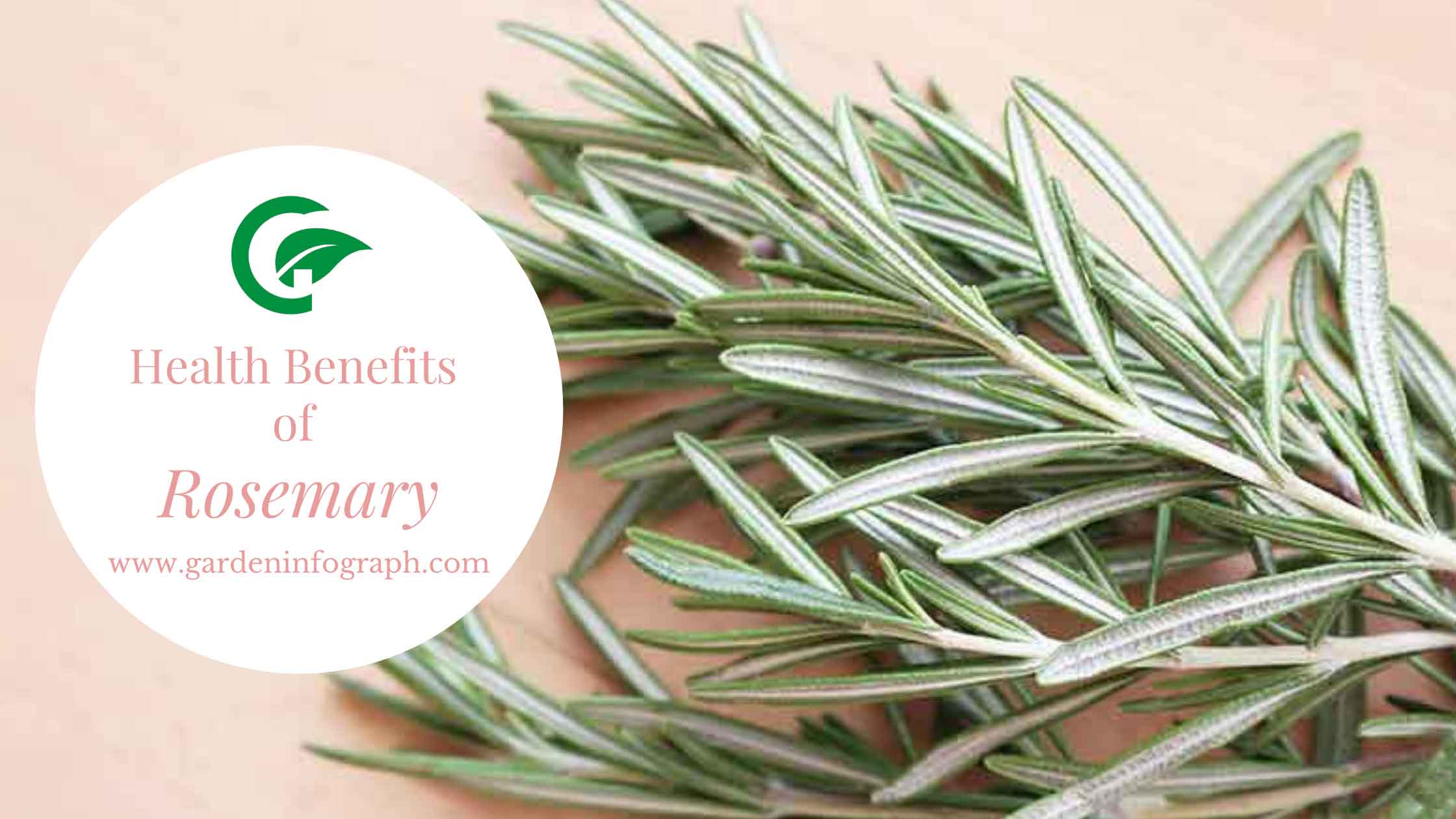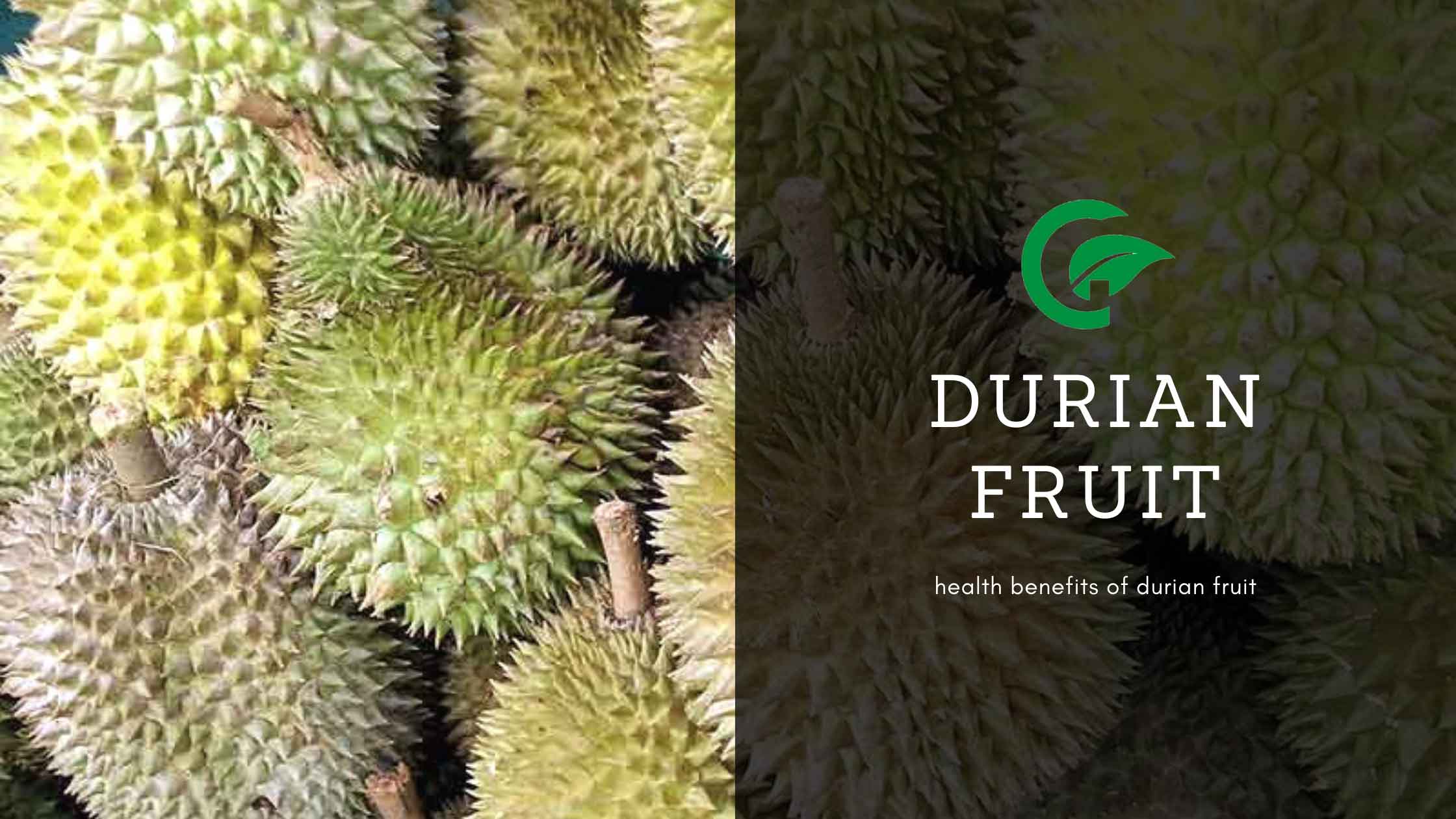Mung Beans
Mung beans sprouts are one among the 2 prime sorts of the bean sprouts that gets produced by differing types of bean seeds. These sprouts are fairly common in India and lots of other East Asian nations for the nutritional compounds provided by them. They’re much healthier as compared to processed food like bread, biscuits, chips, and fries, etc.
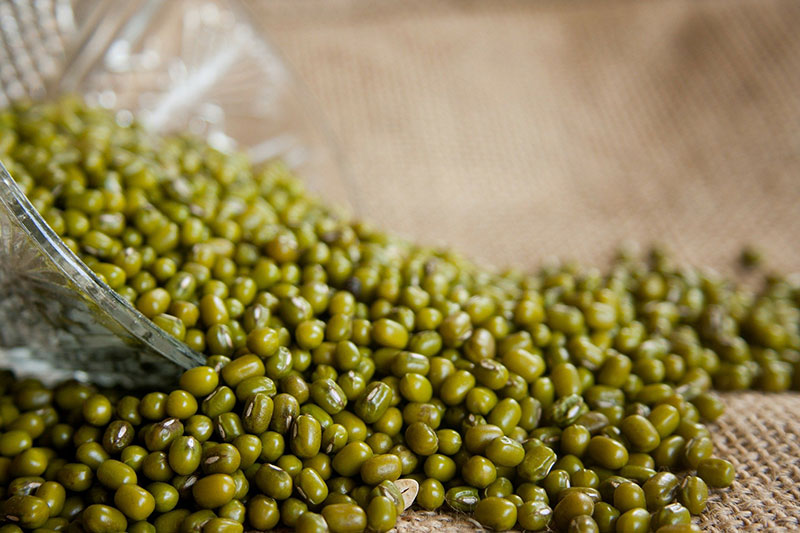
Mung beans sprouts also are gaining popularity within the U.S and other nations and are known for the health and wonder benefits provided by them. These benefits are primarily due to the presence of various nutrients like vitamins, minerals, antioxidants, phytonutrients, polyphenols, and dietary fibers, etc. in them.
Also read: Health benefits of Raisins
Health Benefits of Mung beans
We also advise on what proportion of this food type to eat, the thanks to preparing them, and a couple of recipe ideas. The potential health benefits of mung beans are as follows:
1. Mung beans are moderately caloric, protein-rich, low-fat, and cholesterol-free food ingredients. They contain less anti-nutrient compounds unlike other beans and pulses and do not contain glycosides.
2. 100 grams of dry seeds contain 347 calories, and 23.86 g or 43% of daily values of protein.
3. Mung beans carry a higher concentration of dietary fiber for his or her size; provide 16.3 g or 43% of fiber per 100 grams. Dietary fiber works as a bulk laxative, which thereby protects the colon mucosa by decreasing its exposure time to toxic substances also as by binding to cancer-causing chemicals within the colon.
4. Dietary fiber reduces blood cholesterol levels by bringing down reabsorption of cholesterol-binding bile acids within the colon. Mung beans are gluten-free food items. They are particularly gluten-free food alternatives in gluten-allergy and disorder patients.
5. Mung beans sprouts carry good amounts of B-complex vitamins, especially folates, thiamin, pyridoxine, pantothen, riboflavin, and niacin. Most of these vitamins work as co-factors for the enzymes in carbohydrate, protein, and metabolism.
6. Dry seeds carry 625 μg or 156% of daily required value folate. Folate, in conjunction with vitamin B-12, is one of the essential co-factor for DNA synthesis and cell division. Adequate folate within the diet around conception and through the pregnancy may help prevent neural-tube defects within the babies.
7. While dry mung beans hold 4.8 mg or 8% of DV of vitamin-C, sprouts carry repeatedly more of this vitamin. Vitamin-C could also be a water-soluble antioxidant that helps in boosting immunity and fight against the oxygen-induced free radicals within the human body.
8. Furthermore, they’re incredible sources several essential minerals. 100 g of dry mung beans hold copper-104.5%, iron-84%, manganese-45%, phosphorus-52%, selenium-15%, calcium-13%, and zinc-24%.
9. Both copper and iron participate in the assembly of blood cells within the human body.
10. Moreover, they’re also excellent sources of potassium. 100 grams hold, 1246 mg, or 26.5%. Potassium is present inside cell and body fluids, which counters the pressing effects of sodium on the center and thereby decreases sign.
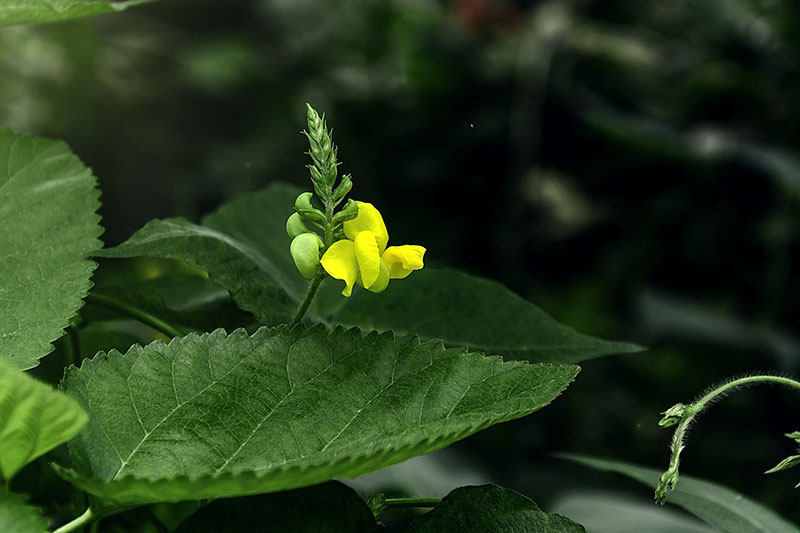
Mung Beans Side Effects
Mung beans are a possible source of nutrition like vitamins, minerals, fibers, iron, potassium, etc. Some side effects of consuming an excessive amount of mung beans in your diet are as follows:
• You should note that bean sprouts are at a high risk of bacterial growth when not cleaned and sprouted properly. It possesses a high risk of development of salmonella and e-coli which can cause problems like diarrhea, nausea, abdominal cramping, fever, and other serious issues in pregnant women.
• Another risk related to the raw bean sprouts is that they’ll cause gastrointestinal disorder in some individuals. Raw bean sprouts that are uncleaned and aren’t sprouted properly are more susceptible to cause the gastrointestinal disorder.
• Although bean sprouts provide a variety of advantages, not everyone can enjoy these benefits. This is often because some individuals could be allergic to bean sprouts and that they should avoid consuming bean sprouts completely.
• Hypoglycemia may be a condition during which the blood glucose level of an individual drop down below the traditional level. It is characterized by symptoms like excessive sweating, excessive hunger, fainting, fatigue, nausea, vomiting, blurred vision, and palpitation, etc. Also, if you’re a diabetic patient and already taking medication for an equivalent then consuming bean sprouts at an excessive level may worsen things.
• Potassium within the bean sprouts is sweet for combating high vital sign. It is recommended to possess action and luxuriate in these sprouts carefully. This is often because a high level of potassium in our system may increase the danger of hypotension.
Also read: How to cook mung beans
Mung beans are an honest source of antioxidants, which can reduce your risk of chronic diseases, like a heart condition, diabetes, and certain cancers. More human-based research is required before making health recommendations. However, most research on the disease-fighting ability of mung antioxidants is from test-tube studies. More human-based research is required before recommendations are often given.
Here at garden infograph we try to bring in front of you many relatable topics like health benefits, garden care and many more that are can add up to a healthy diet in your homes to keep your family and friends healthy. Some topics that we have covered are health benefits of honey, health benefits of green tea, powerful Ayurvedic herbs for your health, foods to hydrate your body, health benefits of olive and you will find many more
Pin it:
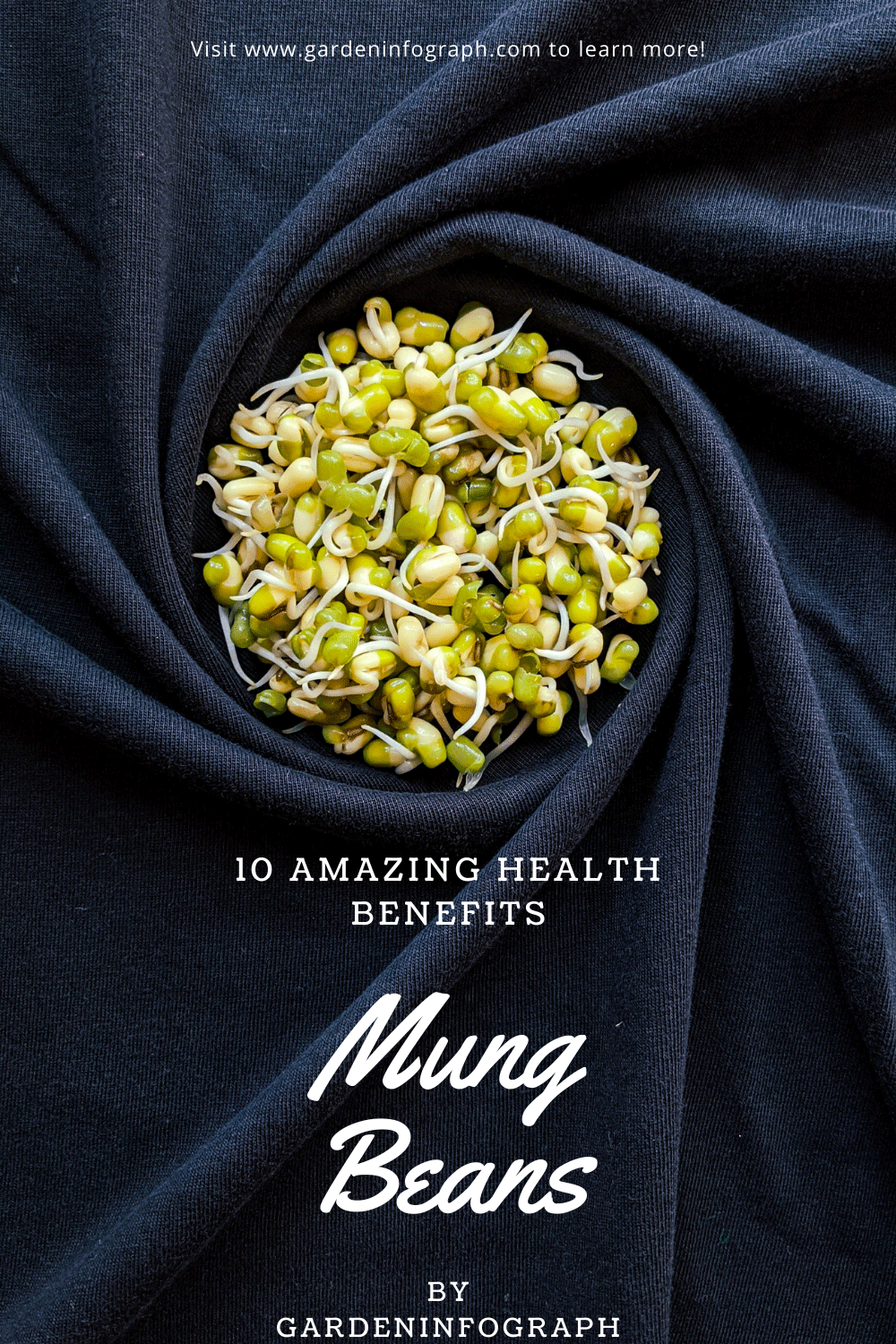
 Garden infograph We provide our best experinces about plants
Garden infograph We provide our best experinces about plants
